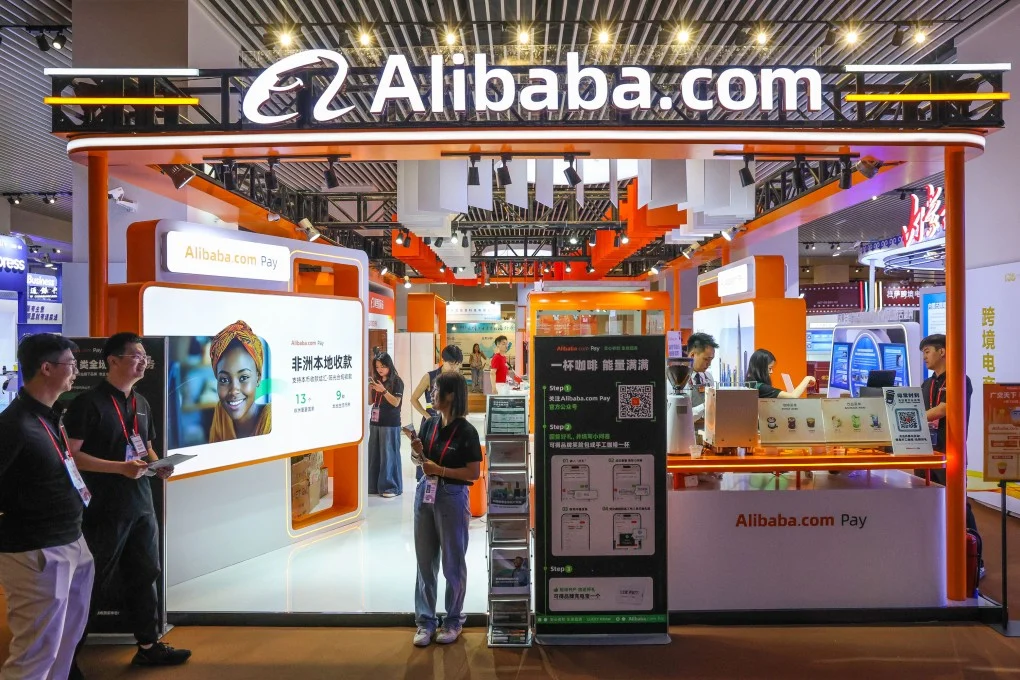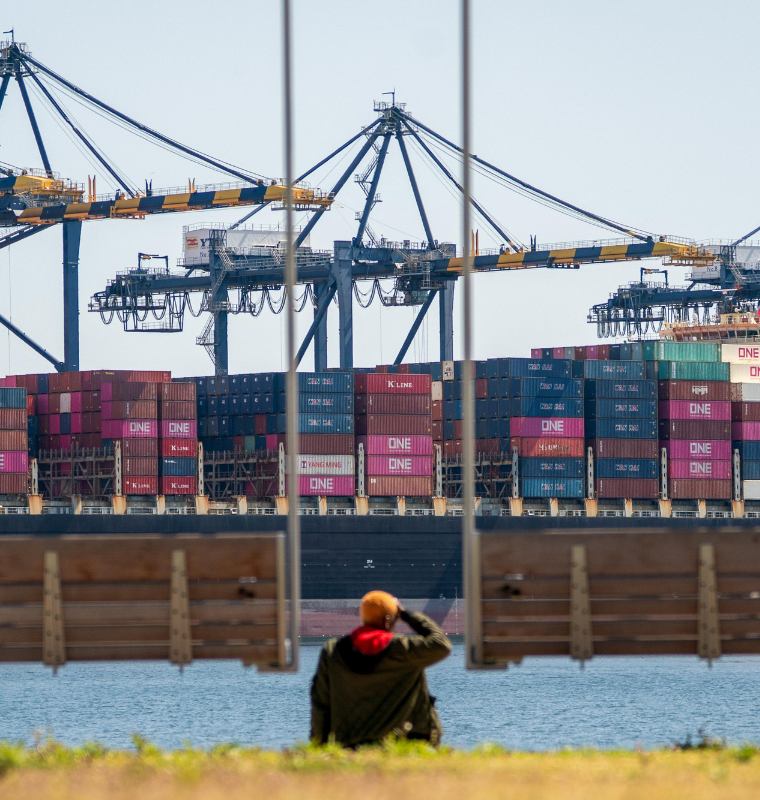Alibaba’s AI Revolution Pays Off: E-Commerce Division Already Sees Profitable Returns from Massive AI Investments
Alibaba’s AI Revolution Pays Off: E-Commerce Division Already Sees Profitable Returns from Massive AI Investments
By
Rachel Steinberg
Last updated:
October 17, 2025
First Published:
October 17, 2025

Photo: South China Morning Post
Alibaba’s AI Gamble Starts to Pay Dividends
Alibaba Group’s aggressive investments in artificial intelligence are beginning to bear fruit. According to Kaifu Zhang, Vice President overseeing e-commerce AI applications, the company’s spending on AI technology in its online retail business has already reached break-even levels. Speaking to reporters in Shanghai, Zhang emphasized that Alibaba’s early AI results show measurable financial impact, including a 12% boost in advertising return on investment (ROI)—a significant performance leap in such a mature sector.
This milestone reflects Alibaba’s confidence that AI is not just an experimental venture but a core profit engine for its business. While global investors remain cautious about tech firms pouring billions into AI with uncertain returns, Alibaba is positioning itself as a rare example of immediate payoff.
Massive AI and Cloud Investments Transforming Operations
Earlier this year, Alibaba announced plans to invest 380 billion yuan (around $53 billion) over the next three years in AI and cloud infrastructure—a commitment that underscores its ambition to dominate the next phase of digital commerce. The initiative aims to weave AI deeply into every layer of its ecosystem, from consumer-facing tools to backend logistics optimization.
Zhang detailed several ways AI has already reshaped Alibaba’s e-commerce operations. Personalized product recommendations now adjust dynamically based on individual shopper behavior, while AI-powered visual tools allow customers to virtually “try on” clothing or accessories with remarkable accuracy. Internal testing suggests that such enhancements have led to higher engagement rates and stronger conversion metrics across its Taobao and Tmall platforms.
AI-Driven Momentum Ahead of Singles Day
The timing of Alibaba’s AI announcement coincides strategically with the launch of presales for Singles Day—the world’s largest online shopping festival, equivalent to Black Friday and Cyber Monday combined. The company expects AI-driven optimizations to significantly boost sales volume during the event, which peaks on November 11.
“Seeing double-digit improvements in advertising efficiency is rare,” Zhang explained, hinting that AI’s impact could lead to record-breaking gross merchandise volume (GMV) this year.
Last year, despite sluggish consumer sentiment in China, total Singles Day sales across Alibaba’s Tmall, JD.com, and PDD rose 20.1% year-on-year to 1.11 trillion yuan ($152 billion), according to research firm Syntun. With AI now enhancing both buyer engagement and merchant targeting, Alibaba aims to surpass that benchmark.
E-Commerce Remains Alibaba’s Core Growth Engine
Alibaba’s China e-commerce division continues to anchor its revenue base, posting a 10% year-on-year increase to $19.53 billion in the quarter ending June 30. The company sees AI not only as a means to strengthen this foundation but also as a pathway to long-term operational efficiency.
During an August earnings call, Alibaba CFO Toby Xu described AI and consumer spending as “two major historic opportunities” that justify unprecedented investment. “Our priority right now is to make these investments,” Xu said, acknowledging that while profit margins may temporarily narrow, the long-term growth potential is far greater.
AI as the Future of Retail Efficiency
Alibaba’s success with AI integration in e-commerce sets a new benchmark for how large tech conglomerates can monetize innovation quickly. Beyond marketing optimization, AI tools are being deployed in logistics forecasting, inventory management, and automated customer service—reducing overhead costs and improving fulfillment speed.
As China’s retail landscape becomes increasingly data-driven, Alibaba’s early AI profitability demonstrates that strategic investment, when coupled with massive data resources, can create immediate and scalable business value.
In an era when many tech giants are still grappling with how to turn AI enthusiasm into actual earnings, Alibaba’s message is clear: for them, the AI revolution isn’t on the horizon—it’s already paying off.
Popular articles
Subscribe to unlock premium content
Merch, Meals, and Memories

Innovating One Feature at a Time

Zero Taxes, Maximum Attraction – Why Monaco is the ultimate playground for the wealthy.

Merch, Meals, and Memories

Innovating One Feature at a Time

Merch, Meals, and Memories







.png)

